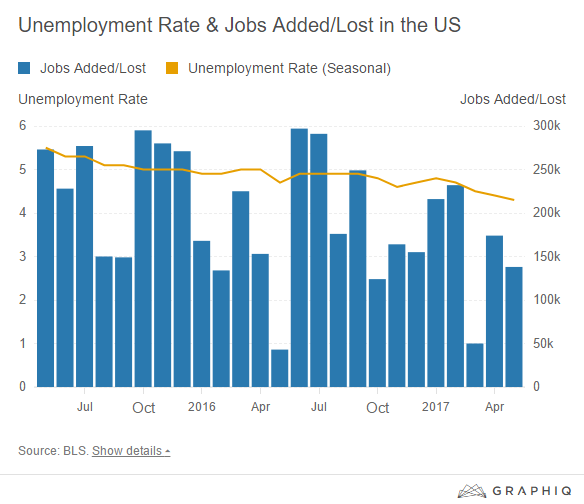One of the key components to any UI cost management program is auditing.
Why should I audit?
- There is a significant error rate when it comes to charging employer UI accounts - over 13 percent of charges to employer UI accounts are incorrect (overpayments). If you are not auditing your UI data, then you are likely being overcharged and paying too much in UI taxes.
- Additionally, if you are not auditing your UI protests to ensure that you are getting determinations back in a timely manner, you are being overcharged on those claims. Overcharges lead to higher UI taxes (and higher UI costs).
What should I be auditing?
- UI Agency Correspondence and Claims - You should be auditing all UI claims that come into your company. Ignoring claims or letting them sit will lead to missed protest deadlines and higher UI costs. Take the time to look at each UI document and claim that you receive to ensure nothing is being overlooked. If you don’t know how to handle some of these documents, seek expert help to process them.
- Protests - When you protest a UI claim, ensure that you have a system in place to remind you to audit and follow up on any unresolved protests - a good rule of thumb is to audit every 30 to 45 days. Send in a follow up protest on anything unresolved that is older than 45 days.
- Protest (part 2) - You should also be auditing your Protest Determinations to see what has helped you win them and what might have contributed to losses. In this way, you can continuously improve the effectiveness of your protests. If you continue to lose a high percentage of your protests (more than 30to 40 percent) you should consult an expert.
- State UI Charge/Credits Statements - You should be auditing all charges and credits to your UI account(s) to ensure that they are correct. There are a number of areas you should be auditing here:
- Look for un or under-reported earnings - employees will often “double dip” - collecting unemployment benefits while still working (often still working for you). Audit your charges against your payroll for each employee on the report.
- Look for charges to claims where you have already won a protest and the claimant should not be getting paid. This happens a lot and you should be on the lookout and protest those charges to get proper credit.
How often should you audit these areas? As often as possible - continuous improvement and savings require continuous auditing. If you can do this weekly, that would be most beneficial but you may also be restricted by the frequency of the information you receive from your state UI Agency (you can’t audit charge statements weekly if they only come quarterly, etc.).
These are a few of the ways in which auditing can help you to more effectively manage your UI costs and improve your bottom line. If you devote the time to auditing and following up on the results of those audits, your performance in managing UI costs will dramatically improve. For more information, visit us on the UnemploymentTracker.com.
.png?width=864&height=165&name=uet-2logos%20(1).png)






